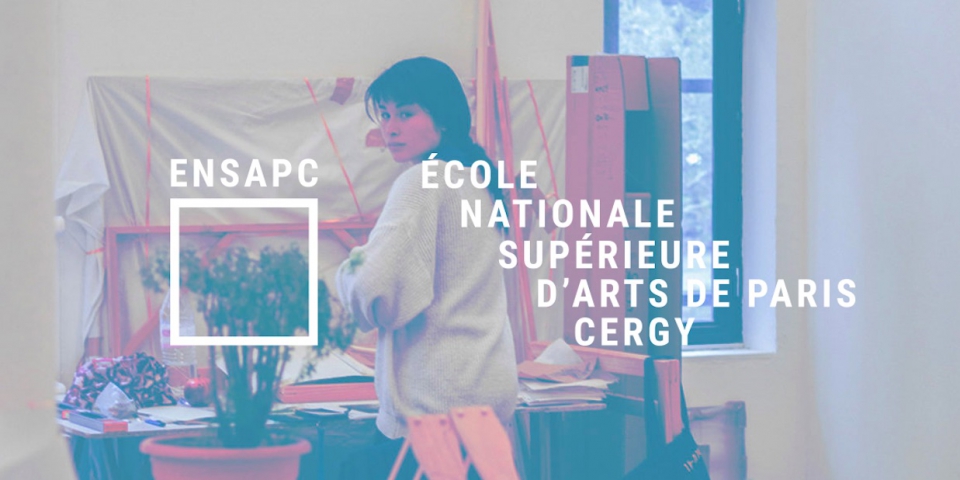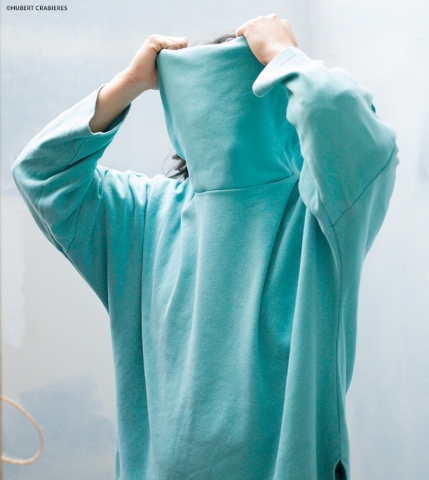NICOLA LO CALZO
Studio « The memory of the lion »
Nicola Lo Calzo
Artist Teacher at ENSAPC
The École Nationale Supérieure d’Arts de Paris-Cergy
“Photographing memories of slavery: Toward an ethic and aesthetic of emancipation”
Nicola Lo Calzo’s dissertation project bears on new uses of photography to explore and to deepen the history of slavery and resistance to it, particularly memories held by communities of Afro-descendants. The research will question the place and the role that photography can play – through its relations with human sciences such as anthropology, the social history of art, and literature – as a two-edged instrument of investigation and restitution of these heritages. As a queer artist, Lo Calzo will also raise the central question of colonial and post-colonial representations that arises when one attempts to document memories of slavery embodied in subservient individuals.
Melding the practice of thought with that of art, research in art shapes and informs each step in the creative process (from conception to production, and then from distribution to critical reception). This process is propelled by reflexively alternating one’s gaze between experimentation and critical distance. Laying new ground and deploying the media and terminology needed to chart that ground across disciplinary lines, research in art, by its forms and substance, injects minority perspectives into dominant narratives, often with considerable friction.
Practice-led research places creators (artists, architects, landscapers, restorers, conservators, and authors) and their practice at the heart of a methodological process. Doing so produces knowledge that can then be reinvested in practice. The research approach flows from the project (artistic, architectural, or other), becoming a space for reflection, experimentation, and production that enriches practical work, just as the latter can enrich the research process. Another of its ambitions is to conceive new forms of diffusion and promotion, forms suggested by the very nature of the research project. Artists, particularly, tend to believe that research must follow no a priori form but rather be an integral part of their work process. Because practice-led research casts a wide net, aiming for the broadest possible understanding of the mechanisms or phenomena under study (without ever purporting to claim exhaustivity), it draws on contributions from many disciplines.
Under the direction of Sylvie Brodziak, CY Cergy Paris University, Laurella Rinçon, Mémorial ACTe (or Caribbean Centre of Expressions and Memory of the Slave Trade and Slavery), and Corinne Diserens, ENSAPC; http://www.nicolalocalzo.com/
Nicola Lo Calzo
Artist Teacher at ENSAPC
The École Nationale Supérieure d’Arts de Paris-Cergy
“Photographing memories of slavery: Toward an ethic and aesthetic of emancipation”
Nicola Lo Calzo’s dissertation project bears on new uses of photography to explore and to deepen the history of slavery and resistance to it, particularly memories held by communities of Afro-descendants. The research will question the place and the role that photography can play – through its relations with human sciences such as anthropology, the social history of art, and literature – as a two-edged instrument of investigation and restitution of these heritages. As a queer artist, Lo Calzo will also raise the central question of colonial and post-colonial representations that arises when one attempts to document memories of slavery embodied in subservient individuals.
Melding the practice of thought with that of art, research in art shapes and informs each step in the creative process (from conception to production, and then from distribution to critical reception). This process is propelled by reflexively alternating one’s gaze between experimentation and critical distance. Laying new ground and deploying the media and terminology needed to chart that ground across disciplinary lines, research in art, by its forms and substance, injects minority perspectives into dominant narratives, often with considerable friction.
Practice-led research places creators (artists, architects, landscapers, restorers, conservators, and authors) and their practice at the heart of a methodological process. Doing so produces knowledge that can then be reinvested in practice. The research approach flows from the project (artistic, architectural, or other), becoming a space for reflection, experimentation, and production that enriches practical work, just as the latter can enrich the research process. Another of its ambitions is to conceive new forms of diffusion and promotion, forms suggested by the very nature of the research project. Artists, particularly, tend to believe that research must follow no a priori form but rather be an integral part of their work process. Because practice-led research casts a wide net, aiming for the broadest possible understanding of the mechanisms or phenomena under study (without ever purporting to claim exhaustivity), it draws on contributions from many disciplines.
Under the direction of Sylvie Brodziak, CY Cergy Paris University, Laurella Rinçon, Mémorial ACTe (or Caribbean Centre of Expressions and Memory of the Slave Trade and Slavery), and Corinne Diserens, ENSAPC; http://www.nicolalocalzo.com/

